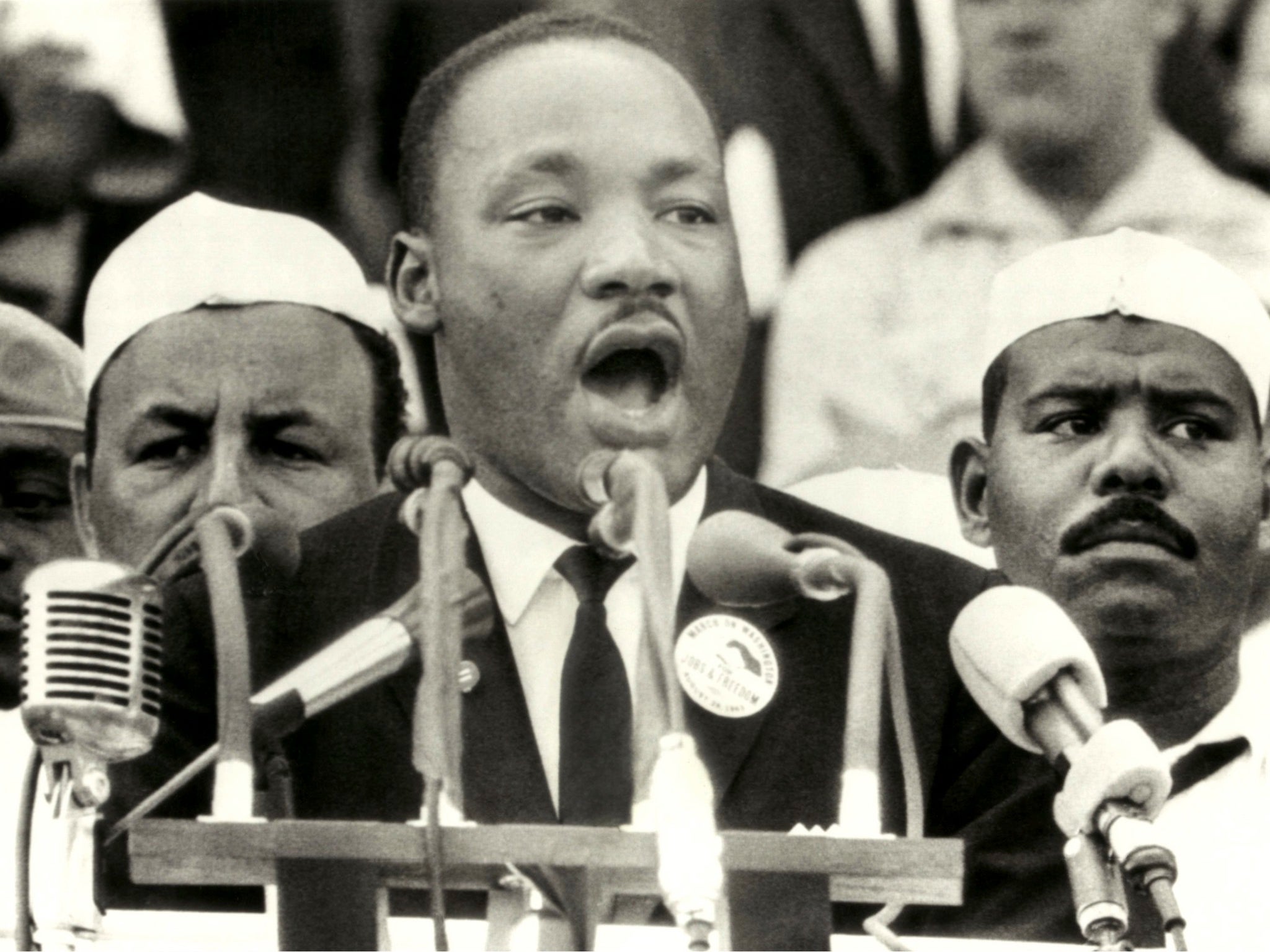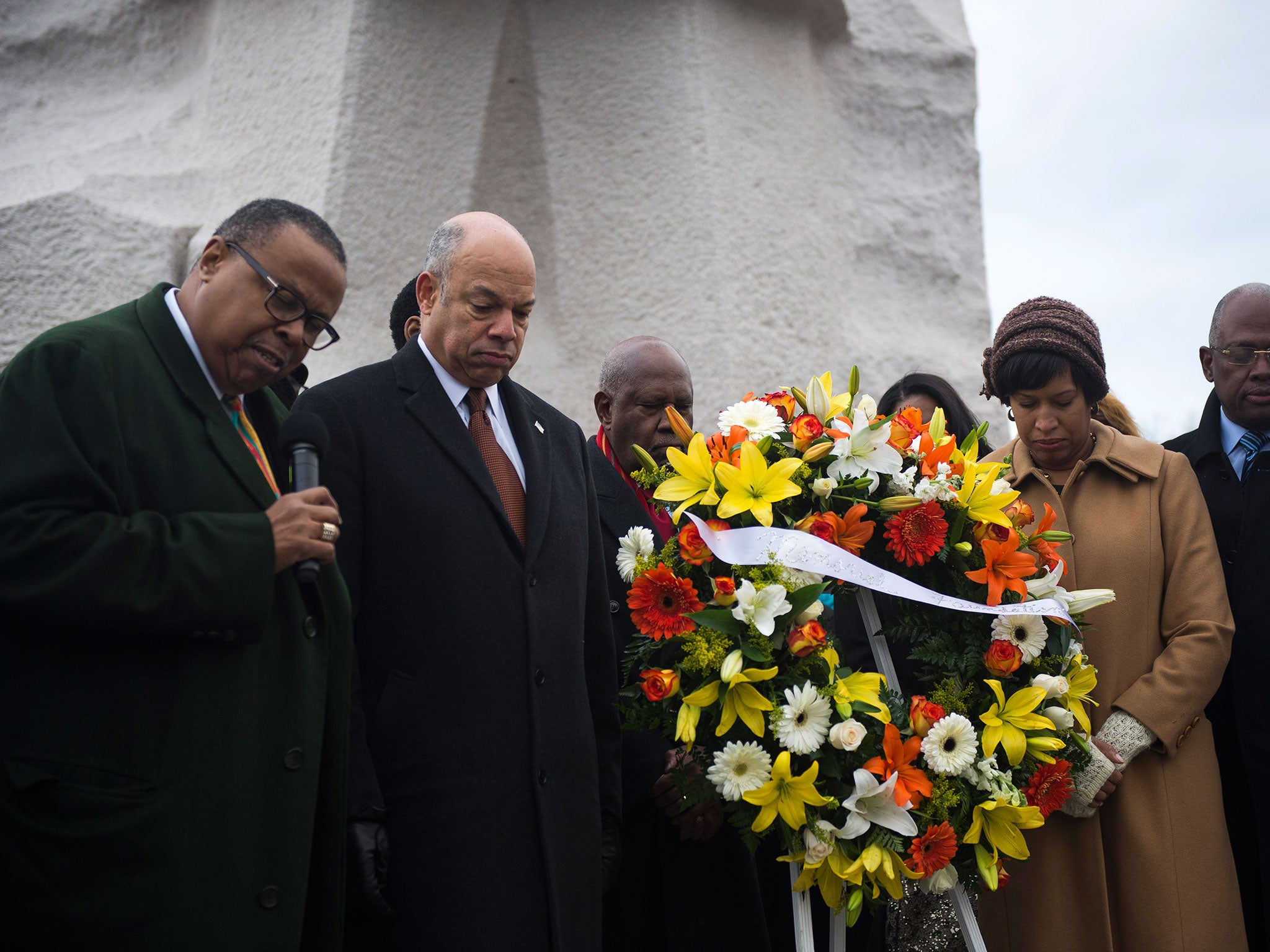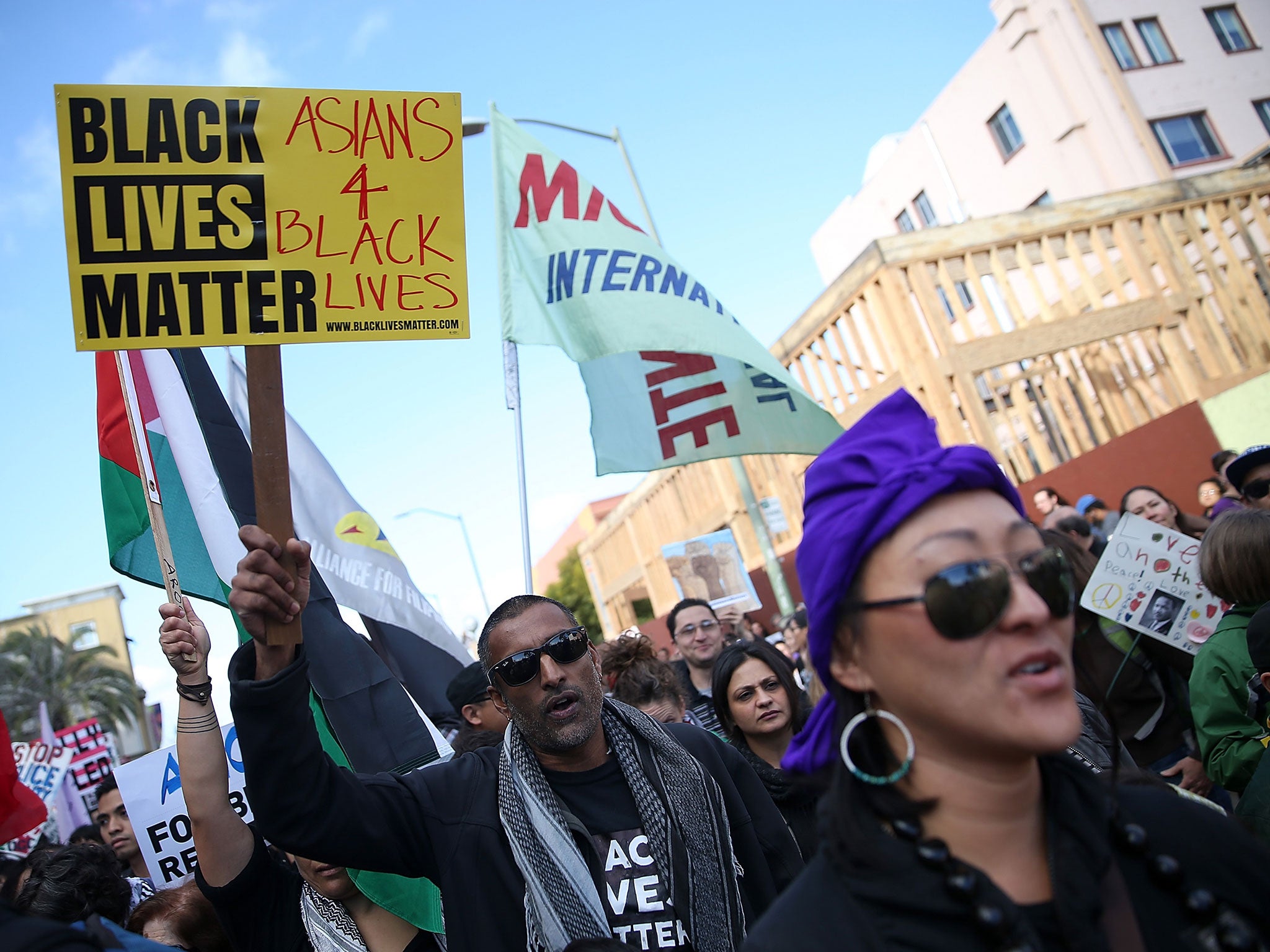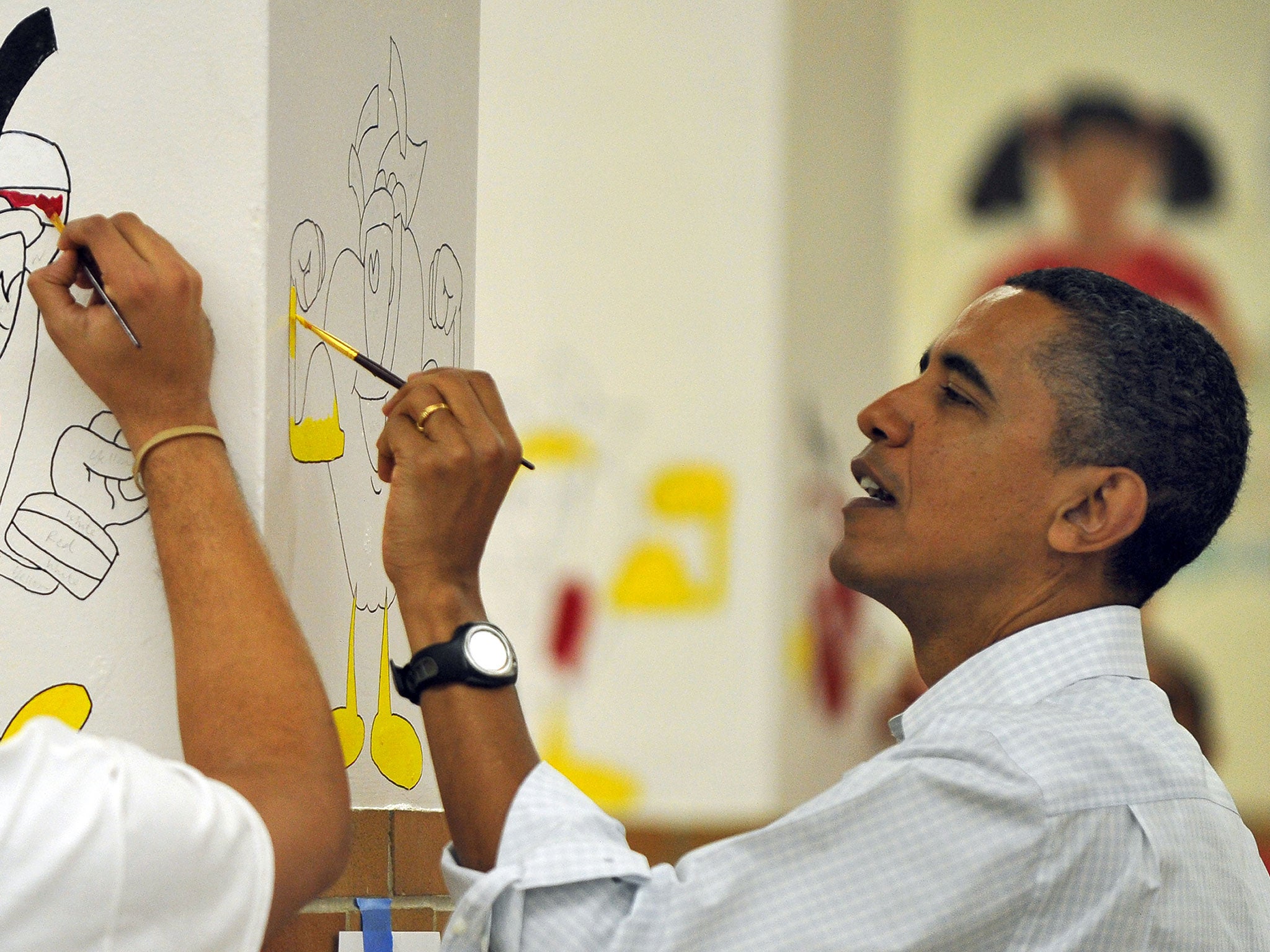Is today MLK Day? How Martin Luther King Day began
The annual holiday honours the life of the celebrated civil rights activist

Your support helps us to tell the story
From reproductive rights to climate change to Big Tech, The Independent is on the ground when the story is developing. Whether it's investigating the financials of Elon Musk's pro-Trump PAC or producing our latest documentary, 'The A Word', which shines a light on the American women fighting for reproductive rights, we know how important it is to parse out the facts from the messaging.
At such a critical moment in US history, we need reporters on the ground. Your donation allows us to keep sending journalists to speak to both sides of the story.
The Independent is trusted by Americans across the entire political spectrum. And unlike many other quality news outlets, we choose not to lock Americans out of our reporting and analysis with paywalls. We believe quality journalism should be available to everyone, paid for by those who can afford it.
Your support makes all the difference.When is MLK Day?
Every year Americans celebrate the life of the great pioneer of the US civil rights movement on Martin Luther King Day.
The annual holiday takes place on the third Monday of every January to coincide with MLK’s birthdate of 15 January.
It falls on 18 January this year.
What is MLK Day?
In the US, it is a paid holiday day.
Some people spend the day reading or learning about MLK’s life and achievements.
Others spend the day volunteering with a cause which they feel he would support.

In many states, special events are organised such as an historic walking tour in Harlem, New York, or special lectures and talks about race relations in the US.
Some states offer more colourful events such as carnivals or street parades in Los Angeles.

How did MLK Day start?
The day is the result of decades of campaigning efforts for the civil rights activist's legacy to be remembered and was the first ever national holiday to honour an individual black American.
In 1968, Congress was presented with a petition signed by more than 3 million people backing the holiday.
However, Republicans initially resisted, arguing that they were concerned that MLK had an 'inappropriate' sexual past and ties to communism which they felt the government should not honour.

In 1983, President Reagan signed a bill into law finally granting it as an official holiday.
Some states continued to protest by calling the day by other names or conflating the celebrations with other figures.
Finally, in 2000 South Carolina became the last state to honour it as a paid holiday.
Join our commenting forum
Join thought-provoking conversations, follow other Independent readers and see their replies
Comments